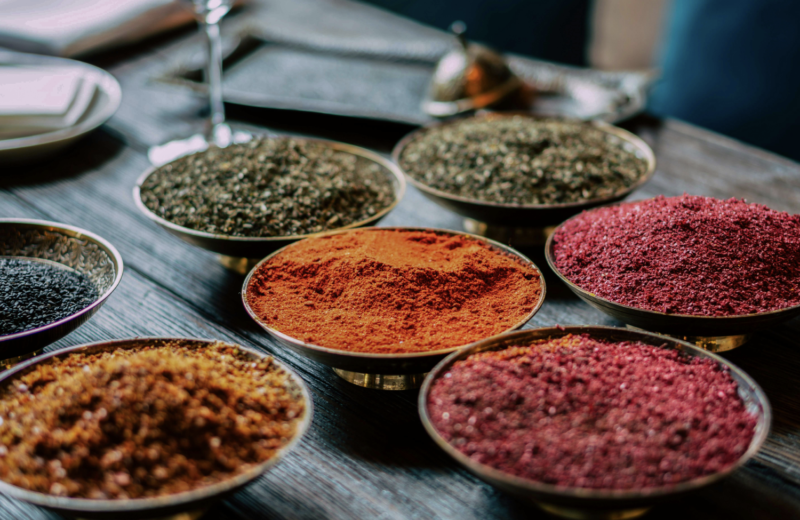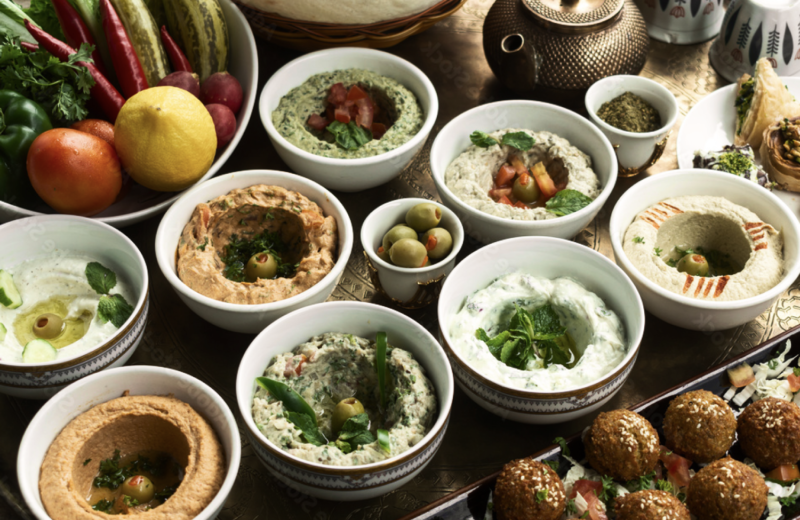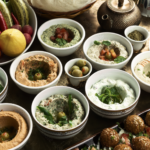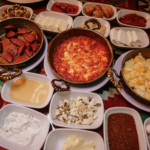A Journey Through Turkish Breakfast: Flavors, Culture, and Hospitality
- February 3, 2025
- 0
- 3 Min Read
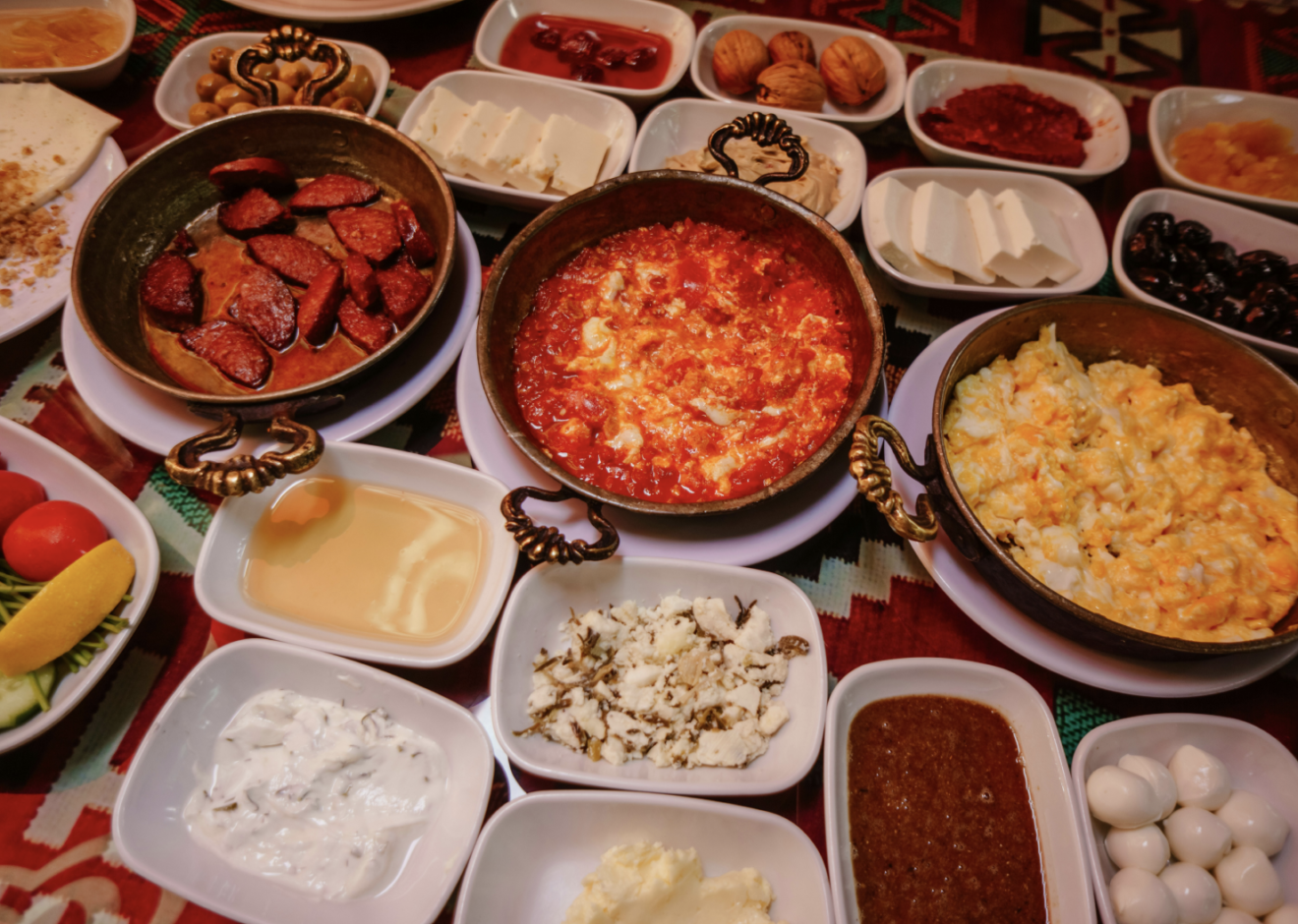
Turkish breakfast, known as “kahvaltı” in Turkish, is one of the most significant meals of the day. Unlike quick breakfast options in many Western countries, Turkish breakfast is a social and culinary experience filled with a wide variety of flavors, textures, and ingredients. It reflects the richness of Turkish cuisine and the cultural importance of gathering around the table to enjoy food together.
The Components of a Traditional Turkish Breakfast
A typical Turkish breakfast includes a wide selection of small dishes, each bringing a unique taste to the table. Some of the most common components are:
- Cheese (Peynir): A variety of cheeses such as beyaz peynir (white cheese, similar to feta), kaşar (a mild yellow cheese), and tulum (aged, crumbly cheese) are commonly served.
- Olives (Zeytin): Green and black olives, often marinated with spices and olive oil, add a salty and tangy flavor.
- Tomatoes and Cucumbers: Fresh, sliced tomatoes and cucumbers are staples, adding a refreshing balance to the meal.
- Eggs (Yumurta): Served in different styles, such as boiled, scrambled, or in the famous Turkish dish “menemen,” which is a mixture of eggs, tomatoes, peppers, and sometimes cheese.
- Sucuk (Spiced Turkish Sausage): Often pan-fried with eggs, sucuk is a flavorful, garlicky sausage that adds a rich taste to breakfast.
- Pastirma: A cured and air-dried beef delicacy, often enjoyed with eggs or on its own.
- Simit and Bread: Simit, a sesame-crusted bread ring, is a popular addition, along with freshly baked white bread and village-style loaves.
- Jams and Honey (Reçel ve Bal): Homemade fruit jams, honey, and clotted cream (kaymak) make the breakfast sweeter and more indulgent.
- Butter (Tereyağı): Often served with honey or jam, butter enhances the rich flavors of breakfast.
- Tea (Çay): Turkish black tea is the essential beverage of breakfast, served in traditional tulip-shaped glasses.
The Cultural Importance of Turkish Breakfast
Breakfast in Turkey is not just about nourishment; it is a cultural ritual. Families, friends, and even business colleagues gather around a breakfast table to enjoy a slow, social meal. The tradition of serpme kahvaltı (spread-out breakfast) is especially popular in restaurants, where an extensive variety of small dishes are served at once, allowing diners to share and experience multiple flavors.
Turkish breakfast is a symbol of hospitality. Guests are often welcomed with a generous breakfast, showcasing the warmth and generosity of Turkish culture. Whether enjoyed at home, in a cozy village, or at a bustling café in Istanbul, breakfast is an opportunity to connect and appreciate the simple pleasures of good food and company.
Modern Adaptations
While traditional elements remain the foundation of Turkish breakfast, modern variations have emerged, incorporating international flavors and dietary preferences. Urban cafés might offer avocado toast or smoothie bowls alongside traditional items, catering to a younger, global audience. Additionally, health-conscious adaptations include whole grain bread, organic jams, and plant-based alternatives.
Conclusion
Turkish breakfast is more than just a meal; it is an experience that embodies the hospitality, diversity, and culinary richness of Turkey. Whether enjoyed in its most traditional form or with contemporary twists, it remains a beloved part of Turkish culture and an unforgettable experience for anyone who tries it.
